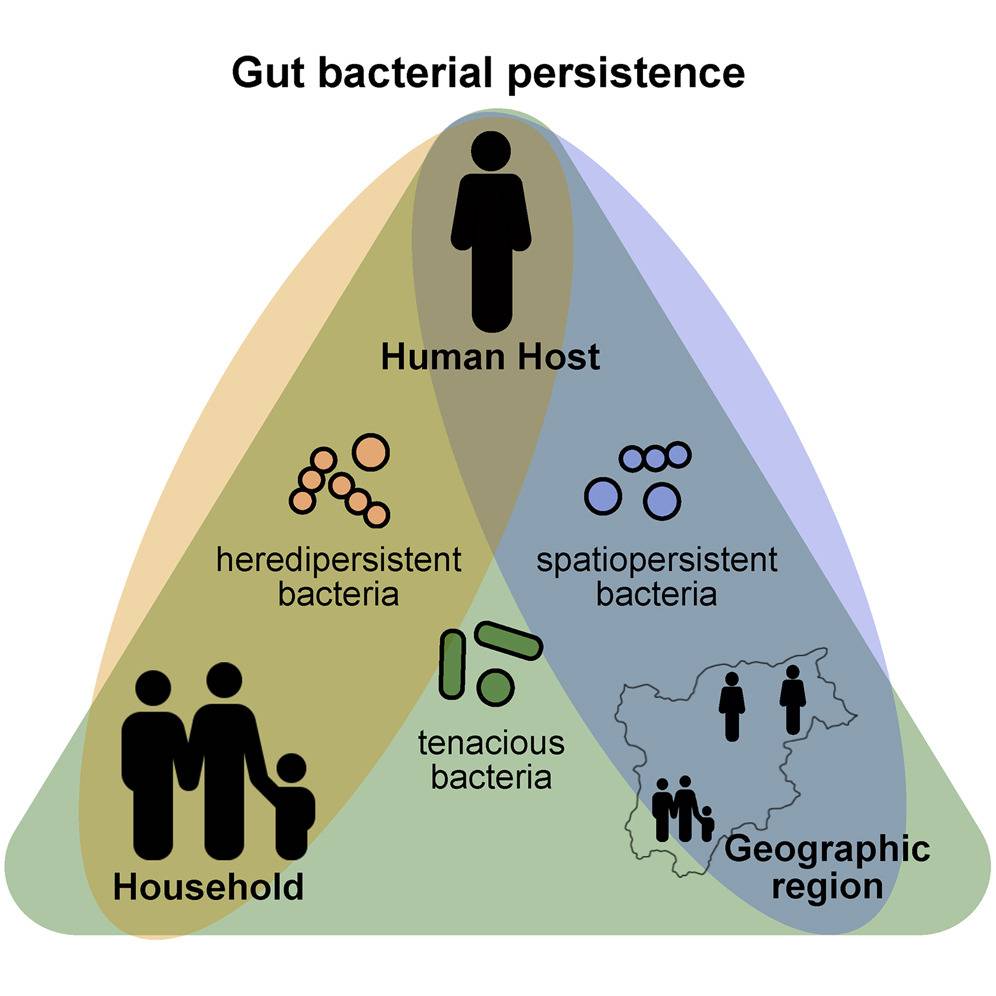Microbial Genomes, Strains and Evolution

Dr Falk Hildebrand
Research Leader
Gut microbial research has shown us a glimpse at the immense diversity of microbial species that each of us harbours. Very few of these species are universally shared among humans; in fact a large proportion can only be rarely found and we discover at a regular frequency new species.
My group works across the Quadram Institute and Earlham Institute to investigate the immense diversity of bacteria and other microorganisms that can be found in microbiome the human gut (and other environments). Having a patient centric view, I call this approach personalised microbiota care.
The research lies in the intersection between microbial communities, bacterial strain evolution and genome plasticity, with the ultimate goal of understanding the microbial aetiology of a broad range of human diseases. Identifying bacterial strains that are associated to conditions such as IBD and Parkinson’s disease will help in exploring new treatments for these.
By describing their genomic content we can identify known pathogenicity and antibiotic resistance genes that different bacteria have in their genomes. This can ultimately help in targeting and adjusting the dosage of patient treatments, on a personalized basis.
To address these questions, I apply bioinformatic methods from metagenomics, numerical ecology, population genetics and comparative genomics, combined with laboratory methods that target specific fractions of the microbiome. One bioinformatic focus is on the accurate calling of genomic variants from highly complex metagenomics datasets and the delineation of patient specific bacteria.




























